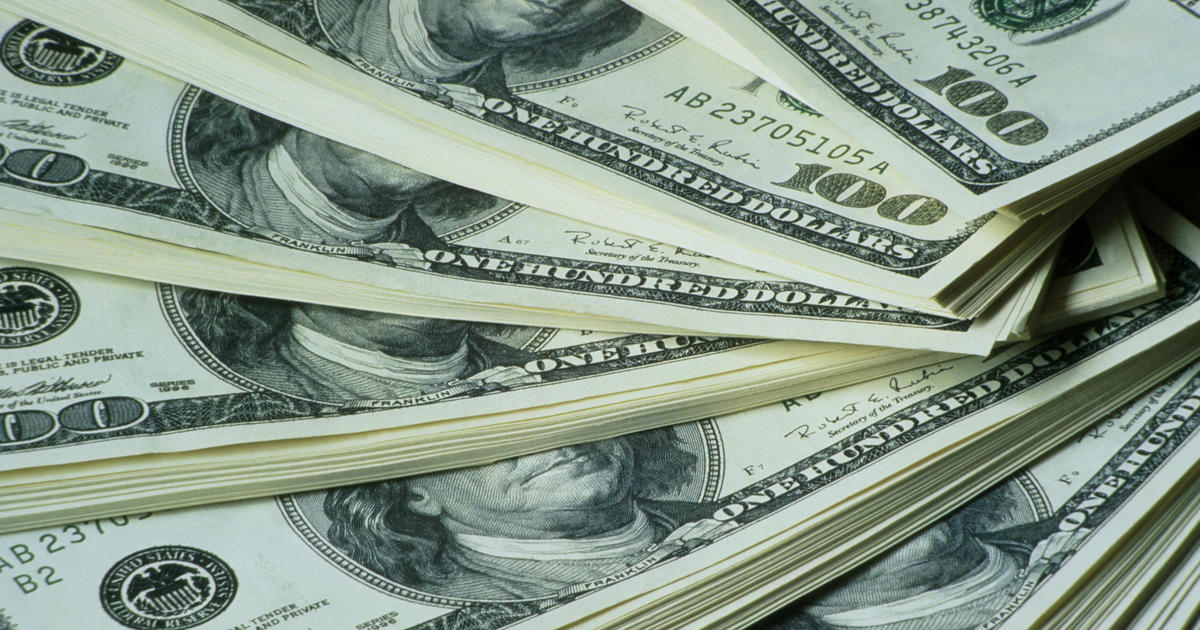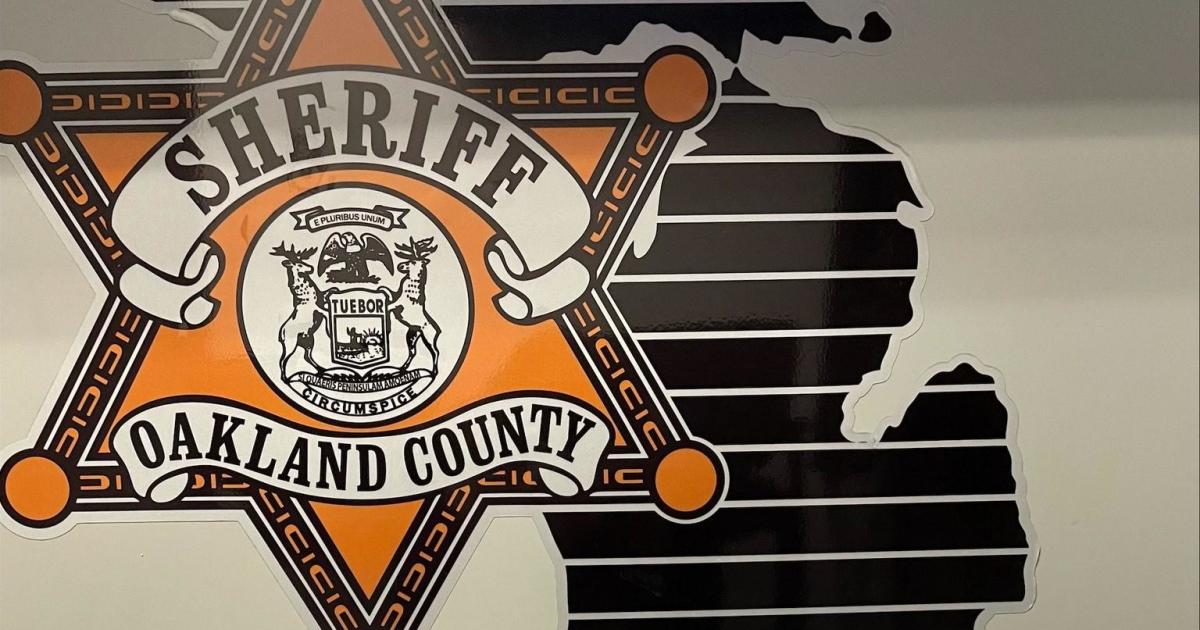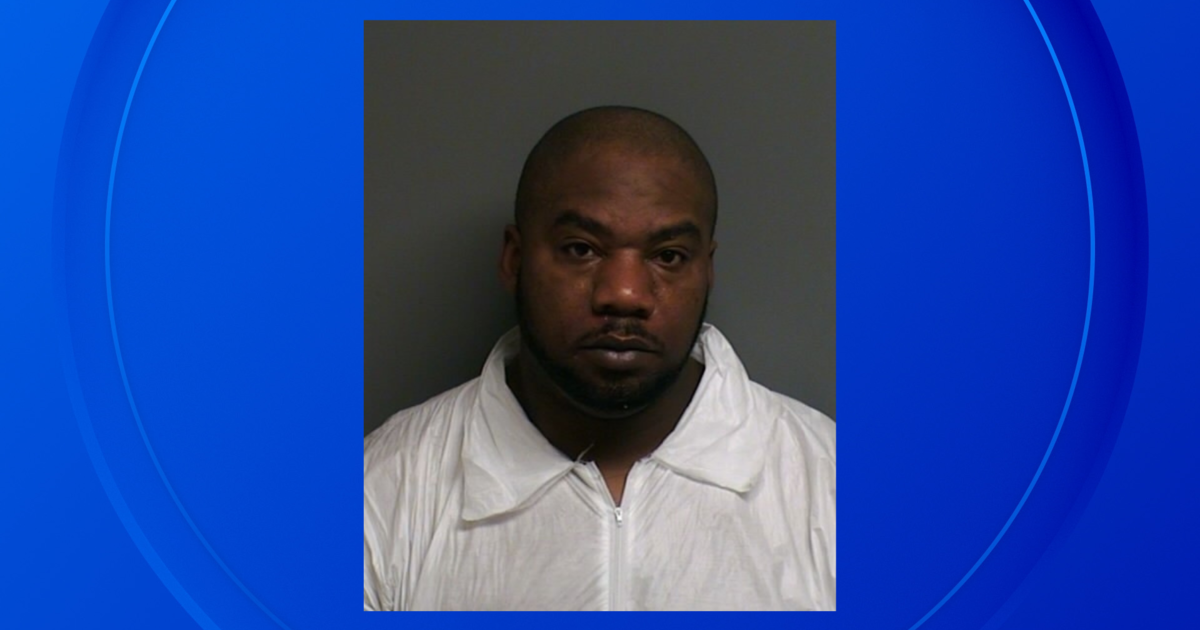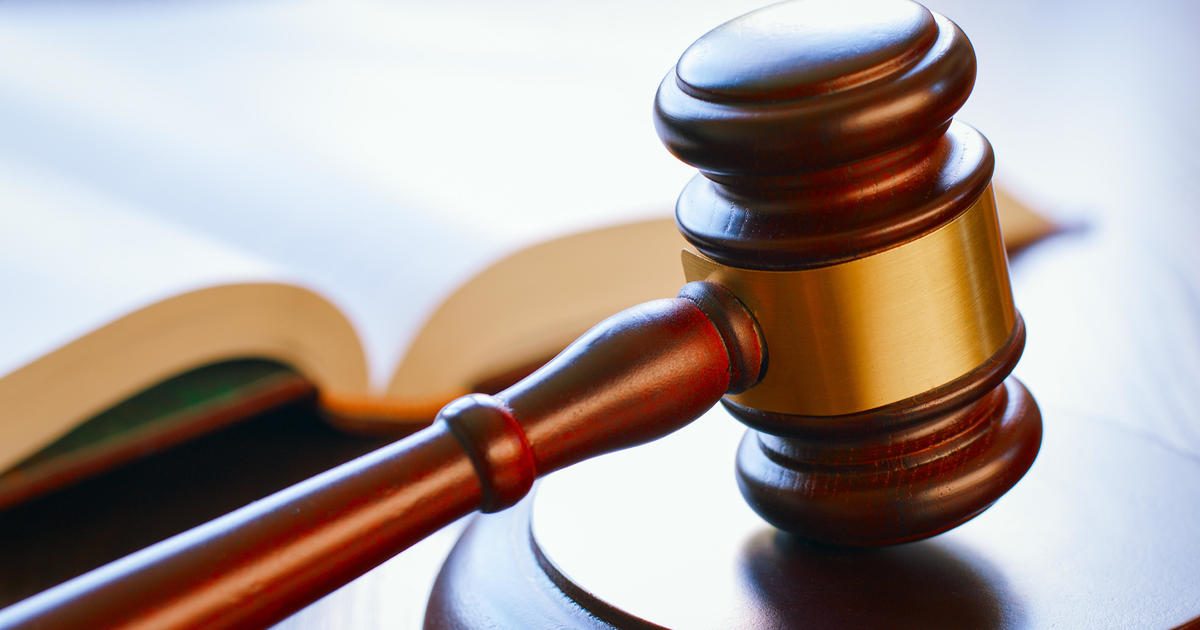Rodney Stuckey: Pistons' Downfall Triggered By Billups Trade
By Dan Jenkins
@DanTJenkins
Over the summer, strong winds of change swept over the Detroit Pistons -- a new head man in Stan Van Gundy was given the reins to the front office along with coaching duties and six new players joined the team -- in what is the largest organizational turnover in years.
Missing from the Auburn Hills locker room and practice court for the first time in seven seasons is Rodney Stuckey, who had been the longest-tenured Piston to date. Stuckey joined the team after being drafted in 2007 and was what seemed to be the heir to the throne after veteran point guard Chauncey Billups decided to hang up his sneakers.
That plan derailed early in the 2008 season, when former president Joe Dumars pulled the trigger and sent Billups to the Denver Nuggets just two games into the season in exchange for former superstar guard Allen Iverson.
Stuckey spoke with Pacers.com about his time in Detroit and how he watched the once-proud franchise fall onto hard times. He attributed that one event as the spark that sent the Pistons reeling.
"Once Chauncey was traded, everything went downhill from there," Stuckey said. "Chauncey was the glue who held everything together. Once he was traded, it was a domino effect. One thing after another. Something happened, then this happened, that happened. So it was tough, you know?"
In the six seasons since Billups was traded, the Pistons have posted a 0.373 winning percentage and a total of one playoff series. Compare that to the six seasons Billups was in Detroit (his first stint) when the team had a 0.679 winning percentage, 15 playoff series wins, two Eastern Conference Championships and an NBA Championship.
"You go from this guy who's been an All-Star and Finals MVP, to a guy like Allen Iverson who's a completely different type of player. Chauncey was the leader, the role model," Stuckey said. "Allen Iverson was a scorer, a guy who just gets buckets. He can give you 40 if you want him to. And then you have Rip (Hamilton) on the other side that you need to get the ball to and you can't forget about Tayshaun (Prince). It was a tough situation. It was a lot that was thrown at one person at one time. I was just trying to figure stuff out. But it happened the way it happened. You learn from each experience."
During one abbreviated season with the Pistons, the once-formidable Iverson averaged 17.4 points per game, 3.7 assists and shot 28.6 percent from behind the 3-point arc. That season was the last time the Pistons made the playoffs -- a postseason run that ended in a first round sweep at the hands of the Cleveland Cavaliers.
"I don't like losing," Stuckey said. "Sometimes in Detroit, we'd be close in a game and be losing and people would be OK with it because it was a close game and we played hard. But we still lost. I don't accept that. I want to win. That's where a lot of the conflict came from."
Hindsight truly does seem to be 20/20, as Dumars admitted that he regretted the trade when he brought Billups back in the summer of 2013, as written by CBS Detroit's Ashley Dunkak.
"You know every decision's going to be debated from the time you make it, and you live with that, but very few of them do you simply wish that, 'Man, I wish I had that one back,'" Dumars said. "And I've said that to him – if I had to do it all over again, absolutely not. Wouldn't have ever made that move with him."



